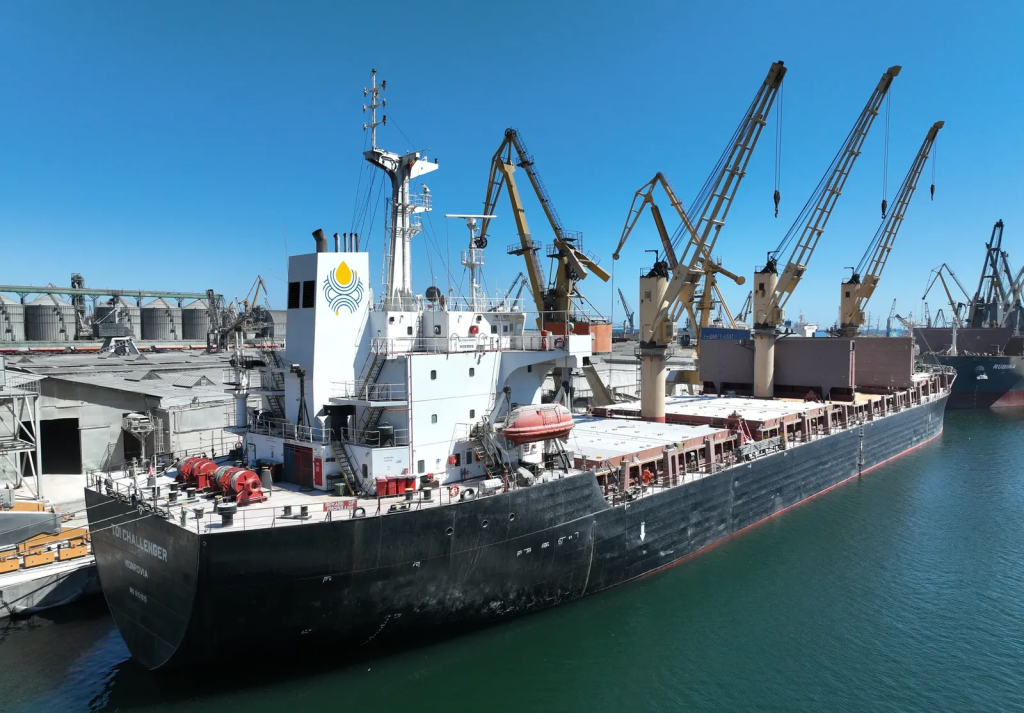EU considers banning new contracts for Russian LNG supplies

The European Commission is assessing whether it can pass legislation that would ban EU companies from signing new contracts for Russian gas.
A senior EU official said, Reuters reported.
Work is also underway on legal mechanisms that would allow EU companies to break existing contracts for Russian gas supplies without paying penalties, the official added. With some member states vowing to block any EU sanctions on Russian LNG, the European Commission is instead considering other tools that could speed up the end of Europe’s dependence on Russian energy. The commission plans to outline options for such action in a “roadmap” to be published on May 6. The European Commission is considering the possibility — potentially including EU trade measures — of banning European companies from signing new contracts for Russian fuel, the official said, speaking on condition of anonymity because the plans are still being finalized. The aim of the ban on new contracts is to reduce spot purchases of Russian liquefied natural gas (LNG) by European companies.
While Russian pipeline gas supplies have fallen sharply since Russia’s full-scale invasion of Ukraine in 2022, the EU increased its imports of Russian LNG last year.
In 2024, Russian gas and LNG accounted for 19% of total EU supplies.
The Commission is also exploring the possibility of giving companies legal grounds to invoke force majeure and withdraw from Russian gas contracts without paying penalties, the official said.
The Commission said any measures to limit Russian energy imports must harm Russia more than the EU and take into account the impact on Europe’s energy security and fuel prices.
After publishing the roadmap next month, the Commission plans to hold discussions with EU member states and companies.
If the Commission decides to move forward with any of the legal instruments, it will propose the relevant legislation. This may require approval by the European Parliament and a majority of EU countries, depending on the type of instrument proposed.
USM previously reported that the EU has postponed the introduction of sanctions against Russian LNG imports.





